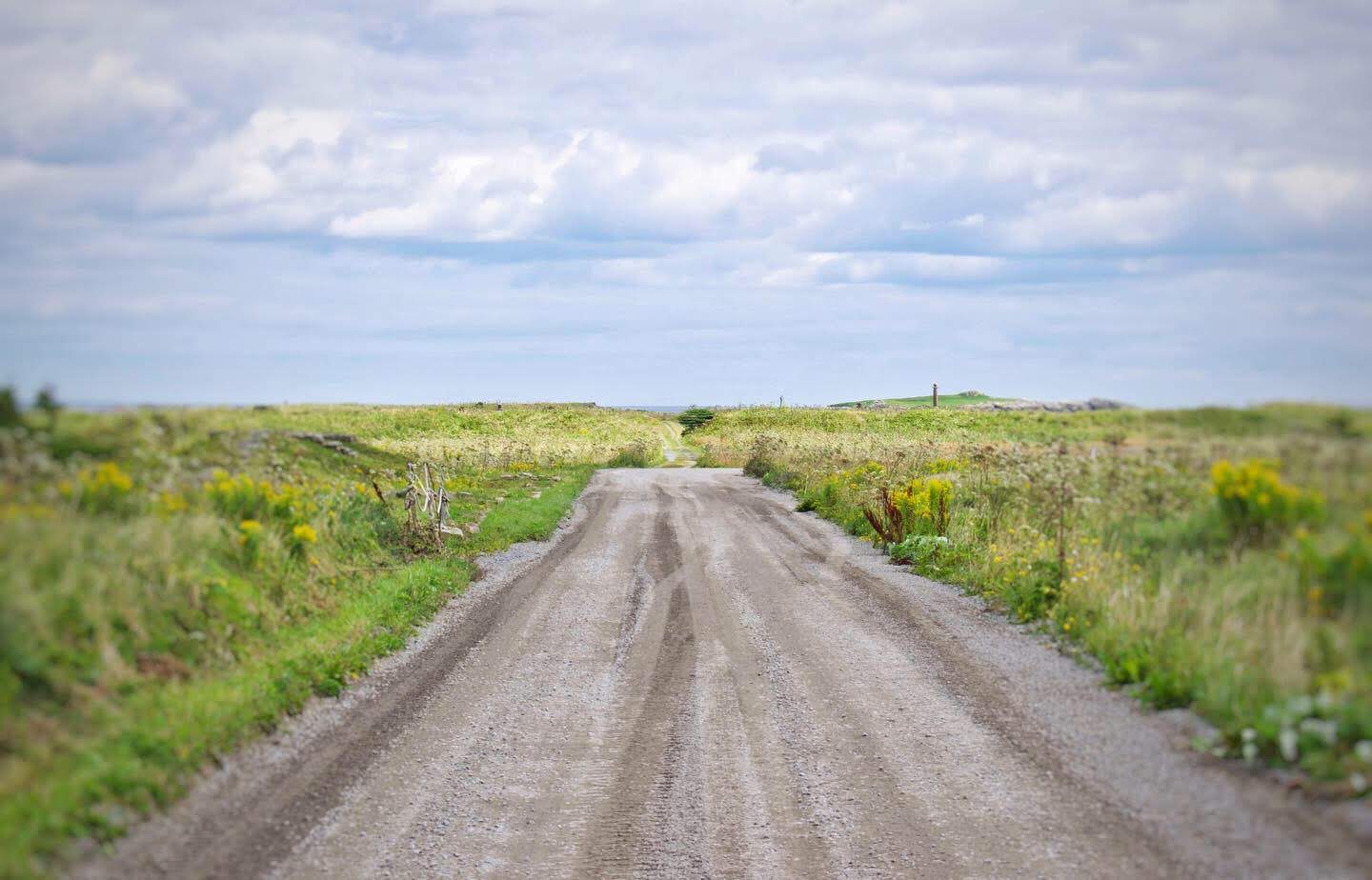
by Ian Hamilton
In years to come, when I think back to the weeks and months of the 2020 coronavirus lockdown, the soundtrack to this period will be that of Disney’s Frozen I and II. Such is one’s musical taste when their six-year-old is spending so much time indoors. I have been particularly struck by one song from Frozen II, “Some Things Never Change.” It’s a lively exploration of how, despite constant change, some things remain the same, prompting Anna, one of the main characters, to sing, “That’s why I rely on certain certainties.”
This line is poignant to me, as so many certainties on which I, and many others, relied are absolutely no longer certainties. From the availability of staple goods to the provision of educational services to the predictability of a paycheck, the spectrum of what we can rely on has narrowed. At the same time, elements of society have already adjusted to the new normal that we have found ourselves thrown into. This Wednesday, April 22nd, Earth Day will still be celebrated, albeit differently than any in the preceding half century. Instead of collective action, there will be individual acts of environmental clean-up. As opposed to group celebrations, there will be 24 hours of virtual content streamed online.
It should not be lost on anyone that this, the 50th Earth Day, is taking place at a time of such global upheaval which has laid bare the undeniable fact that we live in an interconnected and interdependent world. That a novel virus can spread to virtually every corner of the globe in mere months, killing thousands, paralyzing economies and isolating millions highlights just how connected we have become. Of course, for those with an understanding of the roots of modern environmentalism this is no surprise. In his seminal 1971 work, “The Closing Circle”, Barry Commoner, one of the founders of the modern environmental movement, outlined his four laws of ecology. The first of which is: “Everything is connected to everything else. There is one ecosphere for all living organisms and what affects one, affects all”. When I first encountered this rule, it resonated with me very deeply as it was the ecological representation of the central operating principle of the Baha’i Faith: the oneness of humanity.
While oneness may sound simple, it is a principle that has profound implications for how we manage and structure society. This oneness is inherently spiritual, based upon our soul, which has no gender, race or social class and thus divisions and inequities based on race, gender or social class are entirely manmade. On a societal level, oneness implies that humanity is a single family, that prejudice, racism, sexism, and classism are all contrary to oneness.
Acknowledging that humanity is one is to acknowledge that our individual well-being is derived from the well-being of the whole. At this stage of our collective maturity, survival is no longer the goal of the social body. We live in a time of abundance and interconnection where the individual and collective aim of society should be to flourish — spiritually, economically, physiologically, and environmentally.
To achieve such flourishing will require us to effectively tackle our pressing global challenges — COVID-19, climate change, economic inequality, xenophobia and more beyond — as a cohesive, integrated whole. These challenges go beyond the capacity of any one group to solve. Those who identify as environmentalists will not solve the climate crisis alone, neither the wealthy nor the poor in isolation will rectify the extremes of wealth and poverty evident in every country. Only when we have put aside human-created divisions and begin to consider how we can each contribute to the true prosperity of humanity will we be able to overcome these pressing challenges. Increasingly, I wish I could take Anna aside and tell her that everything has to change. And quickly.


